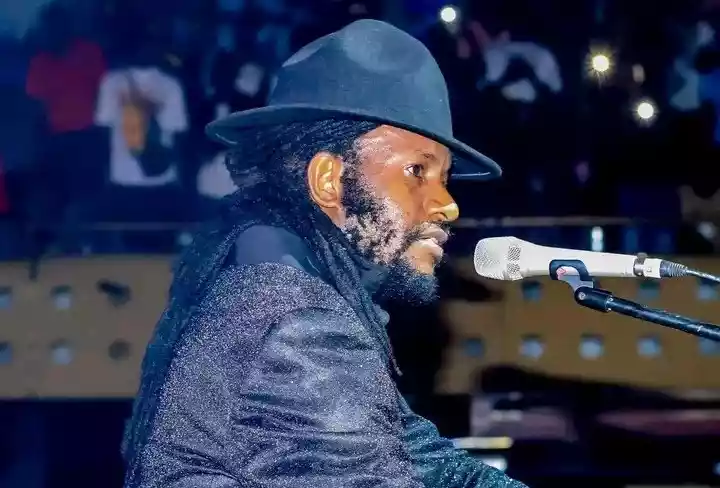
Today, Zimbabweans will flock to the various polling stations to vote for the Constitution Parliamentary Select Committee (Copac) people-driven draft constitution. Report by Ropafadzo Mapimhidze
The process that brought about this historical piece of document was a long and arduous one that was punctuated with squabbles among rival political parties. There were times when we thought this document would never see the light of day. But we now have the draft which goes to a referendum today. It is up to individuals to vote either “Yes” or “No”.
The most important features in the draft are the issues of gender equality and equity.
Not only is the State obliged to fulfill the objective of gender equality, the Bill of Rights goes a long way in advancing this cause which has for many years impacted negatively on the well-being of the womenfolk.
The Bill of Rights specifies the rights of women, including the rights to equal treatment, equal pay, get at least three months’ paid maternity leave, equal citizenship rights, protection against domestic violence, equal opportunities, custody and guardianship of children. So all laws, customs and cultural practices that violate women’s rights are unconstitutional.
For example, it took me over a decade to have my youngest daughter acquire a passport because the Registrar-General (RG)’s Office wanted her father to apply on her behalf. She only managed to get her passport after reaching the legal age of majority. The draft clearly stipulates that both men and women will be accorded the same rights regarding custody and guardianship of children.
The RG’s Office accused me of “trying to steal someone’s child” when I said the child’s father couldn’t be located.
Surely how can a mother steal her own biological child? So unfair and ridiculous is the law that resulted in some women changing the birth certificates into their maiden surnames. Cultural practices that infringe on women’s rights will now be regarded as unconstitutional and hence will be regarded as criminal.
- Chamisa under fire over US$120K donation
- Mavhunga puts DeMbare into Chibuku quarterfinals
- Pension funds bet on Cabora Bassa oilfields
- Councils defy govt fire tender directive
Keep Reading
Some of the matters include inheritance of widows after death of spouse and forced marriages particularly when this involves young persons.
An elderly widow aged 94 recently told me that she had been given a husband when she was still a young child. When she reached 15, she was taken to this old man who psychologically and physically abused her. The man would tell her that her parents had received too many gifts from him and so she had to bear as many children as possible. “I hated him so much, but I had to live with him because he was a wealthy man who showered my family with gifts. I cried and cried daily, but could not run away because it was the norm during those days. When he died, I felt some sense of relief because I never loved him,”the woman said.
When I asked her whether she was aware that the new draft constitution had outlawed such practices, she said she had not heard anything about it.
“We have been told to vote ‘Yes’ by our party, but I have not seen the draft constitution.”
It is, however, sad to know that this practice is still rampant especially in Manicaland where apostolic sects bequeath young girls into polygamous unions with very old men.
Another issue in the draft is that of equal access to land and other State resources. During the land redistribution programme, some chiefs or political leaders denied women the right to own land, particularly those married.
But the truth of the matter is that women are custodians of land. They work on this land to produce food for their families and yet when their spouses divorce them or die, that access ceases to exist. Cattle and farm implements are taken away by the extended family leaving the widow poorer than ever before.
In the political field, 60 seats in Parliament are reserved exclusively for women. Where seats are allocated on the basis of proportional representation as is the case in the Senate, a method of selection that favours women candidates is provided for.
Parliament has no power to prohibit dual citizenship in respect of citizens by birth. Definition of citizenship by birth has been expanded to include persons who are born outside Zimbabwe where one of the parents is a Zimbabwean citizen. This means that persons regarded as citizens by descent under the current constitution now qualify as citizens by birth. In respect of citizens by descent or by registration, the draft does not specifically prohibit dual citizenship.
The draft guarantees restoration of citizenship by birth to persons born in Zimbabwe who may have previously lost their citizenship on the basis of laws that affected the so-called aliens. I, however, disagree with the clause that protects women from capital punishment. If both men and women are equal citizens, why then should this particular clause be hard on men?
But, on the whole, I believe this is a milestone achievement for women and I encourage people of my gender to vote in their millions. This is a historical event in which every woman should participate.











